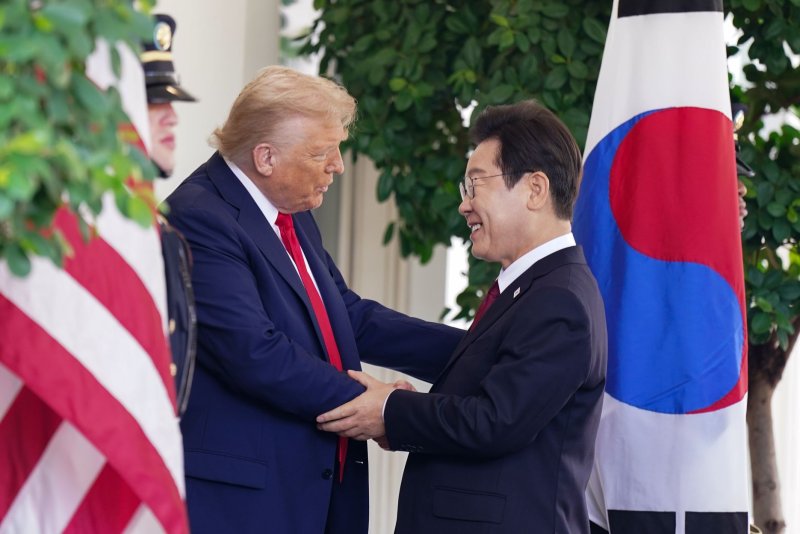South Korean companies Hyundai and Hanwha have announced significant investments in the United States, pledging a combined total of over $7 billion to enhance their operations. This initiative aims to strengthen their manufacturing capabilities in the U.S. and create thousands of new jobs in various states, including Georgia and Texas.
Hyundai plans to invest approximately $5 billion to establish a state-of-the-art electric vehicle (EV) plant in Georgia. The facility is expected to manufacture batteries and vehicles, catering to the growing demand for sustainable transportation solutions. This investment aligns with Hyundai’s broader strategy to expand its presence in the EV market, particularly as governments worldwide push for greener alternatives.
Meanwhile, Hanwha has committed to investing around $2 billion to develop a solar manufacturing facility in Texas. This project is part of Hanwha’s efforts to increase its renewable energy footprint and meet the surging demand for solar power solutions in North America. The Texas facility will focus on producing solar panels, contributing to the U.S. transition towards renewable energy sources.
Job Creation and Economic Impact
The investments from these South Korean firms are expected to have a profound impact on local economies. Hyundai’s new plant in Georgia is projected to create approximately 8,100 jobs, while Hanwha’s facility in Texas is anticipated to generate around 1,000 jobs. These job opportunities will not only benefit local communities but also bolster the U.S. manufacturing sector, which has been recovering steadily in recent years.
According to Georgia Governor Brian Kemp, “These investments represent a monumental step towards making Georgia the electric vehicle capital of America.” The state’s favorable business environment and commitment to innovation have attracted significant foreign investments, making it a key player in the automotive industry.
In Texas, local officials have expressed enthusiasm about Hanwha’s investment, highlighting the potential for economic growth and advancements in sustainable technology. The project aligns with the state’s goals of expanding its renewable energy capabilities, making it an attractive destination for companies in the clean energy sector.
Global Context and Future Prospects
The decisions by Hyundai and Hanwha come amid a broader trend of international companies seeking to establish or expand their presence in the U.S. market. As the global economy evolves, many firms are looking to capitalize on the increasing demand for electric and renewable energy solutions. This shift is particularly relevant as countries worldwide set ambitious targets for reducing carbon emissions.
Both companies have made clear that their investments are not just about immediate gains but also about long-term sustainability. Hyundai’s focus on electric vehicles and Hanwha’s commitment to solar energy reflect a strategic shift toward more environmentally friendly practices.
As the U.S. government continues to promote policies that support clean energy and technological innovation, the future looks promising for companies willing to invest in this space. With Hyundai and Hanwha leading the charge, other international firms may follow suit, further enhancing the nation’s status as a hub for advanced manufacturing and sustainable energy solutions.
The announcements from Hyundai and Hanwha mark a significant moment in the ongoing relationship between South Korea and the United States, highlighting the potential for collaboration in the fields of technology and sustainability. As these investments come to fruition, they are likely to bring about transformative changes in both the local economies and the broader industrial landscape.
